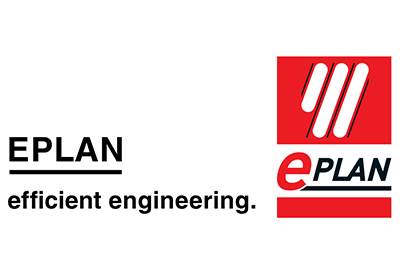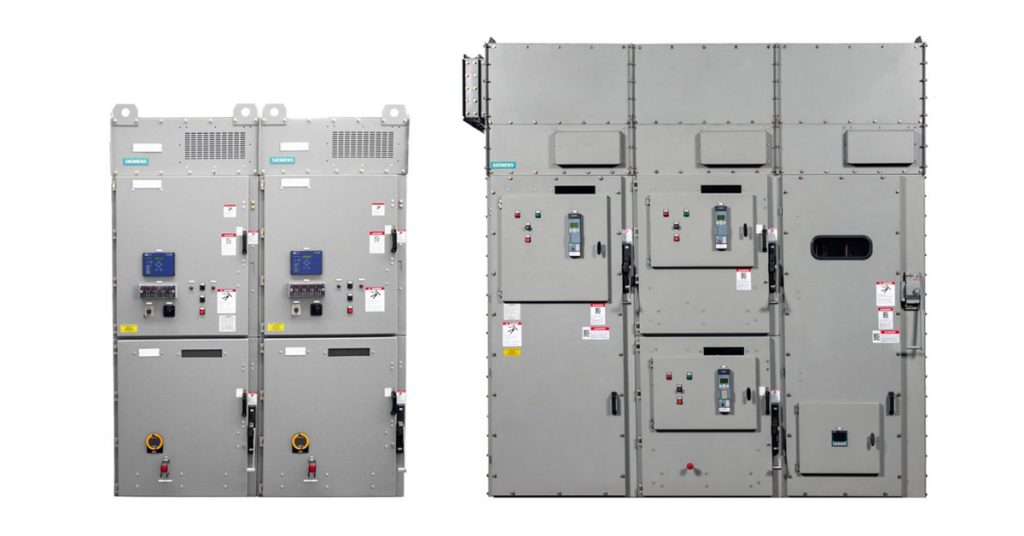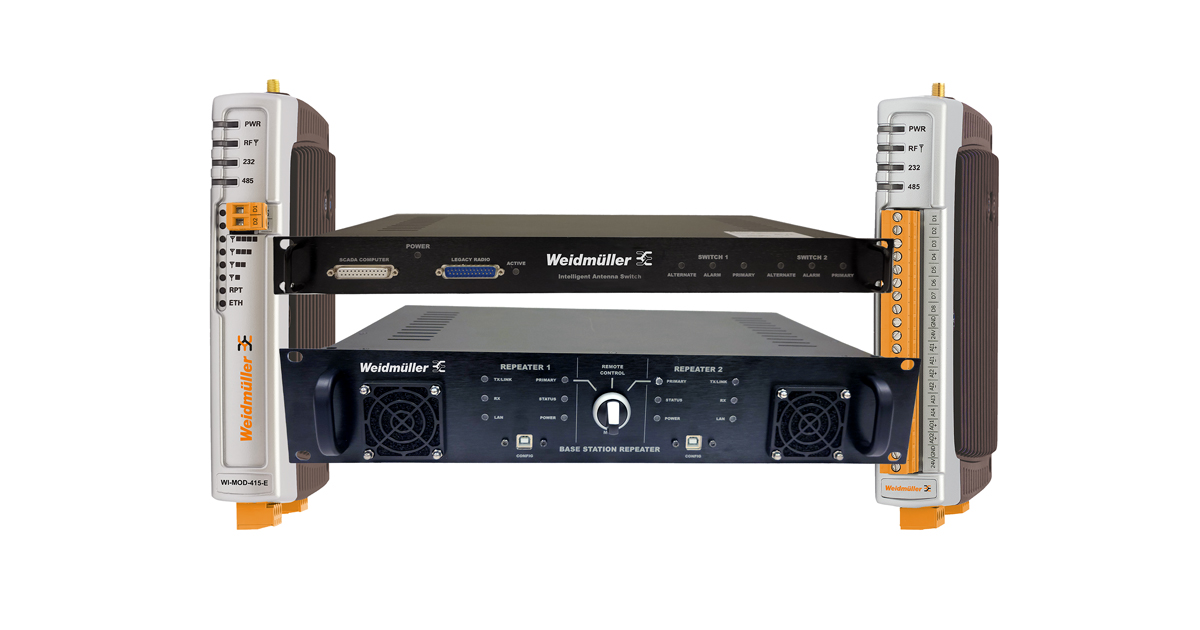Schneider Electric’s Building Decarbonization Calculator Empowers Building Owners in Reducing Carbon Footprint

October 2, 2024
Schneider Electric has created a new Building Decarbonization Calculator, an innovative online tool that empowers building owners and operators to quickly test and explore a range of Energy and Carbon Conservation Measures (ECCMs), easily identifying their best options based on simulated data.
As pressure mounts to meet decarbonization targets, this solution enables users to efficiently evaluate and prioritize retrofit scenarios, helping them navigate the complexities of balancing cumulative costs and emissions from now through 2050 to define their best path to net zero.
With a dataset of close to 500,000 building performance models that span various building types, sizes, and geographies, the Building Decarbonization Calculator allows users to assess the carbon and financial return on investment of ECCMs and compare their decarbonization pathways to New York City’s Local Law 97 fines or the Carbon Risk Real Estate Monitor (CRREM) pathway.
“As regulatory requirements tighten, especially in cities like New York and Boston as well as in countries like France and the UK, the Building Decarbonization Calculator is a powerful consultative tool that supports compliance with local mandates, while providing a clear path for operational improvements,” said Mike Kazmierczak, Global Vice President of Digital Energy for Schneider Electric. “This innovative digital tool is designed to assist building owners and operators in reducing emissions, improving energy efficiency, and cutting operational costs, which will ultimately help owners accelerate action and increase the rate at which buildings are being retrofit.”
A recent analysis of a large office retrofit project in Boston utilized the calculator to estimate $3.7 million in energy savings and $1 million in avoided fines over the next decade, achieving a seven-year return on investment. The analysis included modern building management systems, power monitoring software, LED upgrades, power factor correction, and the integration of photovoltaic systems with battery energy storage and microgrid technology.
The Building Decarbonization Calculator aids in scenario planning through:
- Rapid Assessments: The calculator’s pre-loaded modeled data enables users to quickly evaluate potential energy savings and emissions reductions. The estimates are based on industry-standard methodology for simulating results based on the building type and location.
- ROI for Upfront Expenses: Assets within the tool can be evaluated across several retrofit scenarios that provide key metrics like ROI with consideration for upfront investments required.
- Support for Regulatory Compliance: Estimations for costs of non-compliance and ROI for compliance are compiled within the calculator starting with New York’s Local Law 97, enabling building owners to compare plans that align compliance with regulations for planning and budgeting purposes.
- Prioritization of Retrofit Actions: The tool highlights the impact of selected ECCMs, assisting users in prioritizing their retrofit plans based on both carbon and financial metrics. This includes running preset scenarios for light interventions, medium retrofits, and deep renovations.
- Scalable Functionality: The tool is scalable, allowing for tailored scenarios that reflect retrofit opportunities of individual buildings or entire portfolios, complete with support across retail, hotels, hospitals, and office buildings.
The Building Decarbonization Calculator is available today through Schneider Electric’s sales teams and partners, who are ready to assist building owners in leveraging this powerful tool to drive their decarbonization strategies.
The calculator was built in collaboration with JLL, a global commercial real estate and investment management company, and C.scale, an outgrowth of San Francisco-based architectural firm EHDD. JLL is supporting the calculator by performing building performance modeling, and C.scale is working closely with Schneider Electric on machine-learning models to support climate action at speed and scale.












